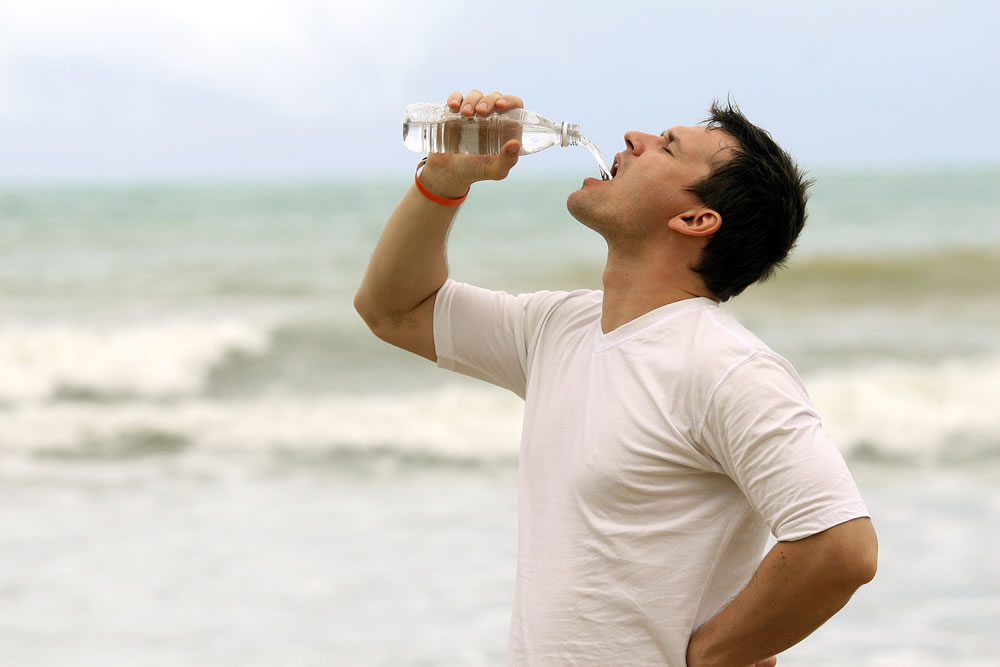Although many gym-goers have been able to return to the weight room, some Brits are still awaiting their club’s reopening or don’t quite feel ready to return to the gym.
For those who are used to lifting heavy weights with a constantly varied workout routine thanks to the broad range of kit available in gyms, the impact of this may be particularly detrimental.
Fortunately, the experts at Total Fitness, the North of England’s leading health club, understand that it can be difficult to build and retain muscle, especially for those who are used to the practicalities of high-spec gym equipment or regular one-to-one personal training.
Below, Steven Virtue, fitness content and programming manager at Total Fitness, shares his five expert tips for keeping your muscle-building plan on track until your gym finally decides that it’s safe to open again.

Protein and calories
Protein is an essential part of maintaining, recovery and growth of muscle tissue. It’s important to eat the right amount of protein within a balanced diet to prevent your body from entering a catabolic state where it starts to break down muscle tissue for energy. If you’re unsure of how much protein you should be consuming each day in order to gain muscle, a good starting point is 1g of protein per 1lb of bodyweight.
Once you have figured this out, consume the other proportion of your calories in carbohydrates and fats ensuring you are in a ‘calorie surplus’ which is when the amount of calories we consume is higher than the number of calories we burn through physical activity. The body then uses these excess calories to increase lean mass. If you simply want to retain muscle mass, then be sure to eat the same number of calories as you burn so there is a balanced approach.
Training overload
It is widely researched and concluded that weights resistance training is the most effective and conventional method to maintain or build muscle mass. With the gyms remaining shut, your access to a full range of weights may be limited but you can still utilise Full Body Resistance Training (FBR ) using your bodyweight. This approach doesn’t have to be complicated – there are plenty of bodyweight routine resources available online but push ups, squats, lunges, burpees, dips, and sit ups should be staples in your workout routine as these are ‘compound’ exercises, meaning they work multiple muscle groups at once and will give you the most bang for your buck.
The key to building and retaining muscle mass with this approach is increasing the reps you do, training to failure (until you can’t do any more reps), increasing time under tension (speed of the movement), and ensuring you push harder than your last session.
Sleep
Sleep is a crucial part of your circadian rhythm and essential not only to the maintenance and growth of tissue, but health and hormonal balance too. When sleeping, your body produces and circulates its own muscle-building hormones which contribute towards the processes of muscle growth and repair. The hormonal balance benefit of sleep will also help to keep you motivated to train. You should be aiming for at least 7 hours of sleep each night and for best results choose a bed time and wake up time that you can consistently stick to.

Hydration
Studies suggest that when we are dehydrated the rate of muscle growth slows and the body actually starts to break down muscle quicker. This means that if you are not meeting your daily water intake requirements, all of the previous steps you may be taking will be to no avail. Everyone’s anatomy and requirements differ slightly but as a general rule, aim for 2-3 pints or 1.5 litres of water per day. Some people struggle to drink enough water, so if that’s you, try adding a little juice to help it go down and monitor the colour of your urine – if it’s anything other than clear in colour then chances are you need a drink.
Limit alcohol intake
Many of us can be partial to a drink or two on special occasions, however, it’s crucial not to allow the odd drink here or there become too habitual. High alcohol consumption can raise oestrogen levels in the body, which can take precedence over testosterone, if not controlled properly, and this can result in yet more muscle wastage. So remember, alcohol is fine in moderation, but bear this in mind when you’re cracking open a bottle.






















